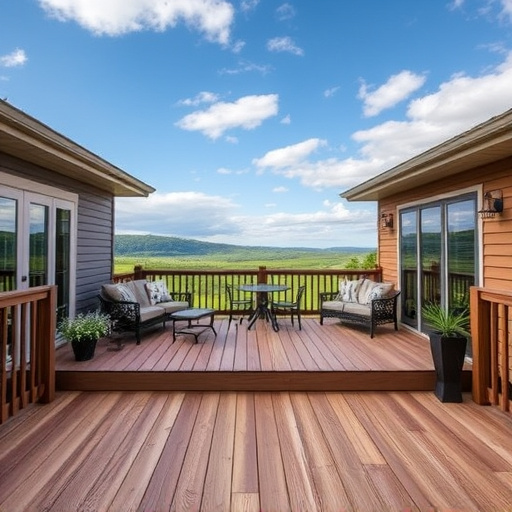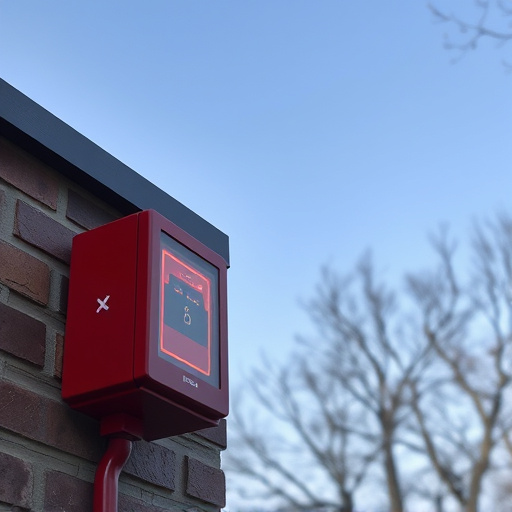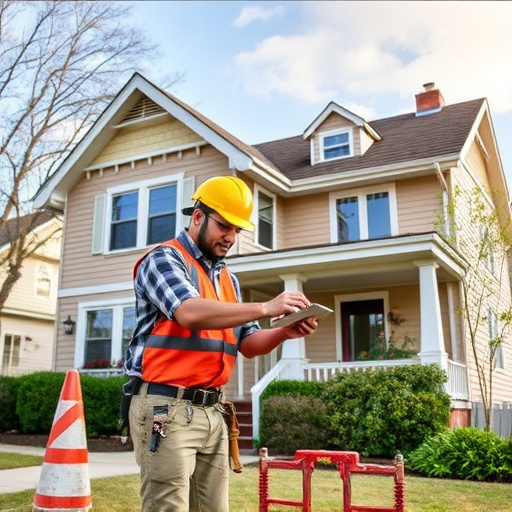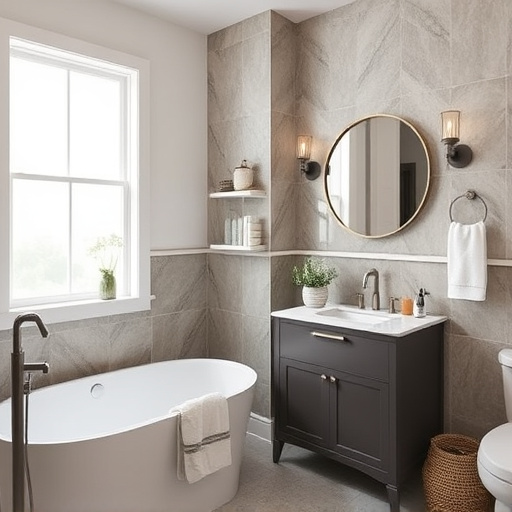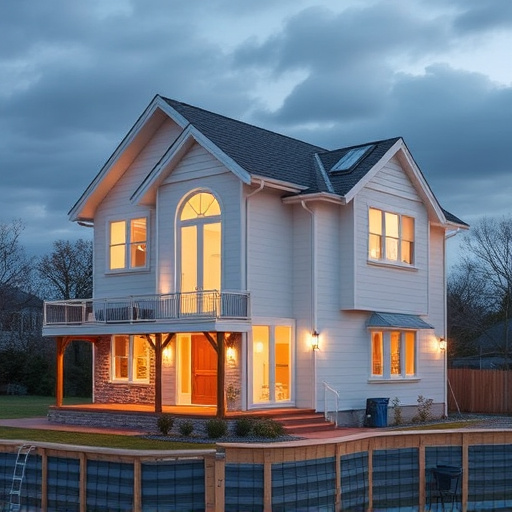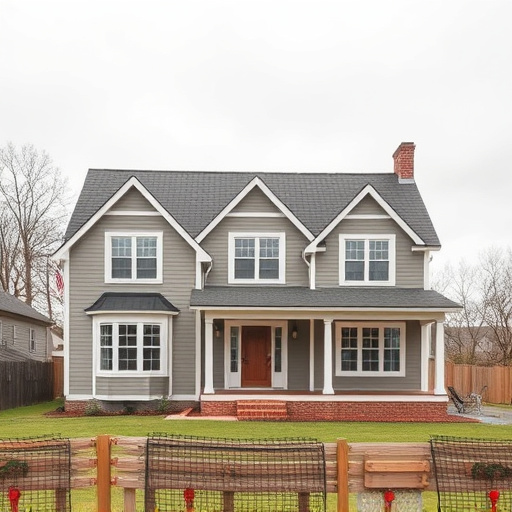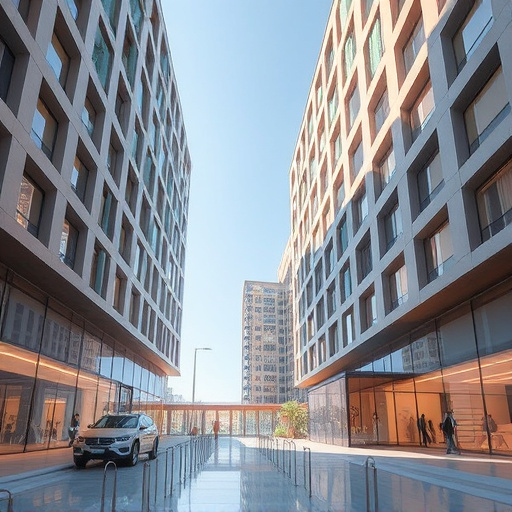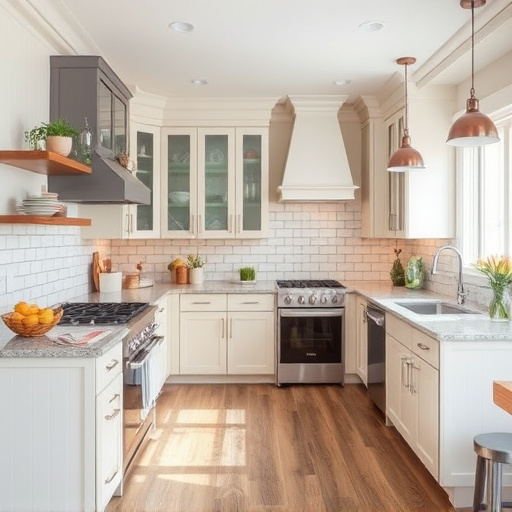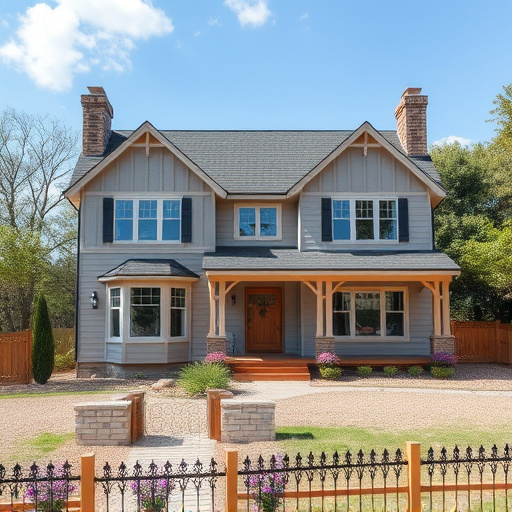Residential builders are embracing sustainable materials and green technologies to create energy-efficient homes that align with global sustainability goals. They integrate smart home technology for connected living environments and Adaptive Design principles to offer flexible spaces tailored to modern families' lifestyles. This approach includes modular construction, customized renovations, and collaborative client engagement, ensuring timeless investments.
Residential builders are at the forefront of a modern revolution, transforming homes into smart, sustainable, and adaptable spaces. In this article, we explore cutting-edge innovations shaping today’s residential landscape. From eco-friendly materials reducing environmental impact to smart home technology integration enhancing daily life, these advancements redefine comfort and efficiency. Additionally, we delve into adaptive design strategies that cater to evolving lifestyles, ensuring homes remain relevant and desirable for years to come. Discover how residential builders are leading the charge in modern home design.
- Sustainable Materials: Eco-Friendly Homes
- Smart Home Technology Integration
- Adaptive Design for Changing Lifestyles
Sustainable Materials: Eco-Friendly Homes

In the realm of residential builder innovations, sustainable materials have emerged as a game-changer in modern home design. Eco-friendly homes are not just a trend but a necessity, given the growing emphasis on environmental conservation and long-term sustainability. Builders are now incorporating recycled and renewable materials into their projects, reducing the carbon footprint associated with traditional construction methods. This shift towards green building practices not only benefits the planet but also appeals to homeowners who prioritize energy efficiency and cost savings over time.
These innovations extend beyond just the materials used; they encompass entire home transformations that focus on energy conservation. From solar panels and smart thermostats to insulation made from natural fibers, residential builders are integrating cutting-edge technologies into whole house remodels. As a result, homes become more comfortable, durable, and economically viable in the long run. This is particularly significant in light of rising energy costs and the global push towards a greener future for all.
Smart Home Technology Integration

The integration of smart home technology has become a defining feature in modern residential builder innovations. Today’s homeowners expect their homes to be more than just functional; they seek connected living environments that offer enhanced convenience, security, and efficiency. Residential builders are responding by incorporating sophisticated automation systems into new constructions and even whole house remodels. These technologies allow for customizable lighting, temperature control, and security setups, often controlled via smartphone apps or voice commands.
This digital transformation extends beyond basic smart home devices to include intricate interior painting designs that incorporate interactive displays and personalized ambiance settings. Home additions, whether it’s an extra bedroom or a dedicated media room, are now designed with integrated technology in mind, ensuring seamless connectivity throughout the entire residence. As residential builders continue to embrace these innovations, they not only cater to evolving consumer demands but also create homes that feel more alive and tailored to individual lifestyles.
Adaptive Design for Changing Lifestyles

In today’s dynamic world, residential builders are embracing Adaptive Design principles to cater to evolving lifestyles. This approach allows homes to be flexible and multifaceted, meeting the diverse needs of modern families. By integrating smart technology and modular construction techniques, builders create spaces that can transform over time—from open-concept layouts ideal for entertaining to more intimate areas for quiet contemplation.
Adaptive Design also facilitates customized home renovations and whole house remodels, ensuring that each residence becomes a unique reflection of its inhabitants. Residential renovations are no longer one-size-fits-all; instead, builders are collaborating closely with clients to develop tailored solutions. This collaborative process results in homes that not only meet current requirements but also anticipate future lifestyle shifts, making them truly timeless investments.
Residential builders are revolutionizing modern home design with innovative approaches. By embracing sustainable materials, integrating smart home technology, and adopting adaptive design principles, builders are creating homes that cater to changing lifestyles while minimizing environmental impact. These trends signal a promising future for the industry, offering homeowners more efficient, connected, and flexible living spaces.



